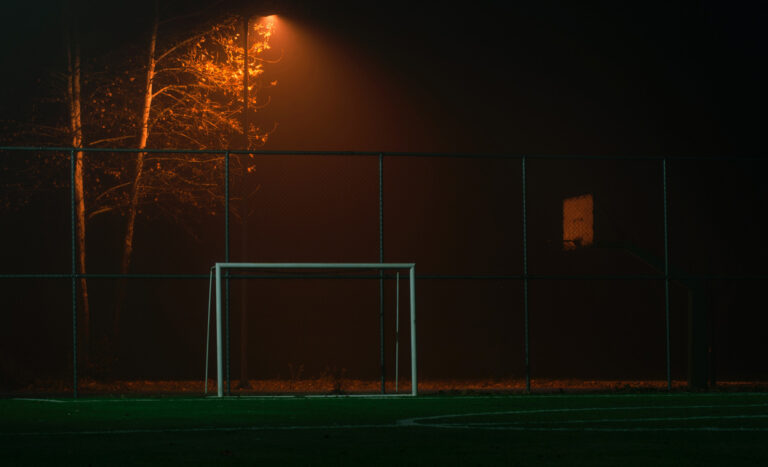Children at greater risk of domestic abuse during 2022 FIFA World Cup, report warns
When England lost a FIFA World Cup match in 2014, incidents of domestic violence increased by 38 per cent. Even more shockingly, when they won or drew in the tournament, the number still increased by 26 per cent.
Then came a wave of warnings before Euro 2020, where a study published by the Centre for Economic Performance (CEP) found that, while domestic abuse decreases in the duration of the two hours in which the game is being played, it increases exponentially in its aftermath—with incidents peaking ten to 12 hours later. Shortly after it became clear that England had lost in the final match, the team’s black players were also subjected to horrible racist abuse online.
Now, a leading charity has raised concerns that incidents of domestic abuse will surge during the 2022 FIFA World Cup—with children at greater risk during the tournament.
Stress, alcohol consumption, and gambling
The National Society for the Prevention of Cruelty to Children (NSPCC) issued the warning after research discovered that calls made by vulnerable children to its helpline soared by a third to more than 1,000 during the 2018 World Cup.
While the NSPCC’s helpline received 1,060 child welfare calls about domestic abuse during the last tournament, Childline—overseen by the charity in question—saw a 17 per cent rise in the monthly average for counselling sessions for domestic abuse. The NSPCC hence warned “hundreds of thousands of children could be at risk” as the Qatar World Cup kicks off on 20 November 2022.
The charity also noted that stress levels, alcohol consumption, and gambling during the tournament could act as potential triggers to incidents of abuse or violence at home.
One 13-year-old girl who called during the 2018 Russia World Cup said: “My brother gets very aggressive when he drinks. He shouts at us for no reason and demands money from my mum. Today, after the England game, he came home drunk and hit my mum in the face, so I had to call the police. He’s been causing trouble for years.” The teenager then admitted that her sibling made her and her mother “scared all the time.”
The parent of another child who contacted the NSPCC’s helpline during the previous World Cup said: “My daughter’s best friend told me her dad is hitting her and her mum. He drinks a lot at the pub and then gets abusive and violent when he’s back home. I worry [that] my daughter and I can be identified if I tell children’s services. I don’t know what to do.”
Calls for a new Victims Bill
FIFA has previously acknowledged the need for safeguarding and proactive action to protect people from harm and abuse, given sports spectatorship’s inextricable link with alcohol consumption. “Children (all those under 18) have specific rights to protection, as articulated in the United Nations Convention on the Rights of the Child (1989), because of their need to be cared for and owing to their dependency on others,” the governing body wrote on its website.
“FIFA also identifies young people over the age of 18, women, and persons with disabilities as especially vulnerable groups who must be safeguarded in the delivery of our game.” That being said, it can’t be ruled out that incidents of domestic abuse are likely to increase during future international tournaments… unless something changes.
As noted by Sky News, one-fifth of children in the UK have experienced severe maltreatment, including sexual abuse and domestic violence. Now, the NSPCC is calling for a new Victims Bill with specific support for child victims of domestic violence, including pre-trial therapy.
“The majority of fans across the country will enjoy the World Cup with friends and family but for many children living with domestic abuse it will bring nervousness, fear, and even violence,” said NSPCC chief executive Sir Peter Wanless. “Domestic abuse can decimate a child’s confidence and sense of security and without support it can have a devastating impact at the time and long into the future.”
A government spokeswoman went on to add, “Domestic abuse is an abhorrent crime and we fully recognise the devastating impact it can have on children and young people. We are determined to better protect and support the victims of abuse, including children, and bring perpetrators to justice.”
“This year, we are increasing funding for the Children Affected by Domestic Abuse Fund, allocating more than £4 million to organisations providing specialist support to children experiencing domestic abuse.”





